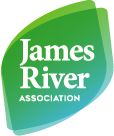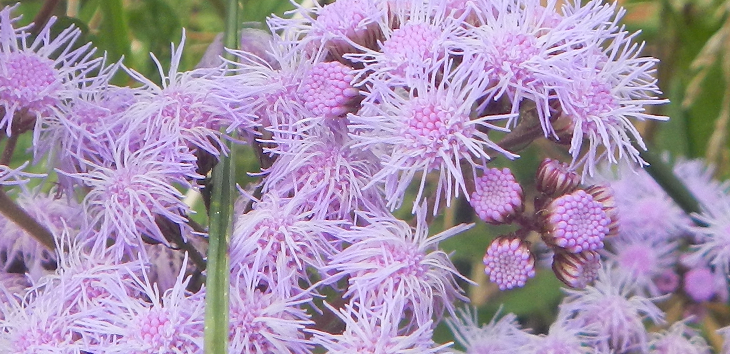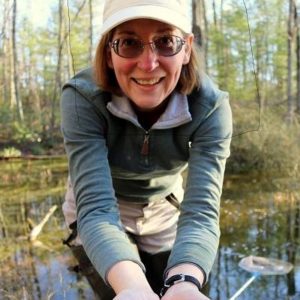 Meet Nora Cox, a Lynchburg resident who works at the Central Virginia Community College as an Adjunct Biology Instructor. She’s an Upper James RiverRat who is also active in her local Master Naturalist chapter.
Meet Nora Cox, a Lynchburg resident who works at the Central Virginia Community College as an Adjunct Biology Instructor. She’s an Upper James RiverRat who is also active in her local Master Naturalist chapter.
Nora patrols Blackwater Creek, which is basically in her backyard. Her family walks along her designated stretch of the creek weekly, if not more often. Over the years they have seen beaver, deer, box turtles, snapping turtles, muskrats, opossums, foxes, and rabbits, as well as many people enjoying the trails on foot, on two wheels, with dogs or without. She looks for changes along the creek to report back to the James Riverkeepers.
The first Action Project she completed in the Lynchburg area was a trash clean up with Clean Virginia Waterways. With the help of her fellow Master Naturalists, she worked on cleaning up the Blackwater Recreation Area where the local dog park is now located. The cleanup was a success, so her group continued to work with Clean Virginia Waterways for the next two years, each time at a local city park.
She 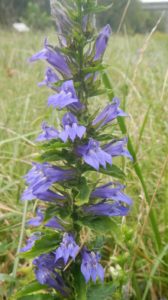 also helped maintain the rain garden at Peaks View Park that was planted in 2009 as part of the James River Association’s Extreme Stream Makeover. With permission from the City of Lynchburg, Nora worked with Master Naturalists to clear out the weeds and lay down fresh mulch. She has been working to maintain this rain garden ever since. In February 2014 she led a large volunteer group and the News and Advance wrote a story on their restoration efforts. Upkeep continues this fall with the hopes of adding a few new, low maintenance native plants in the spring.
also helped maintain the rain garden at Peaks View Park that was planted in 2009 as part of the James River Association’s Extreme Stream Makeover. With permission from the City of Lynchburg, Nora worked with Master Naturalists to clear out the weeds and lay down fresh mulch. She has been working to maintain this rain garden ever since. In February 2014 she led a large volunteer group and the News and Advance wrote a story on their restoration efforts. Upkeep continues this fall with the hopes of adding a few new, low maintenance native plants in the spring.
When asked why she enjoys volunteering, Nora said “engaging members of several volunteer groups whose missions overlap in the area of stewardship of our natural resources is rewarding.” There are multiple organizations in Lynchburg that have volunteers engaging with environmental stewardship. Many of the projects that these groups t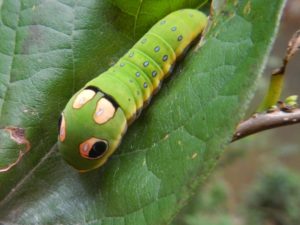 ake on involve our waterways. Nora went on to say “litter removal, trail building, rain gardens, rain barrels, public lectures, riparian tree planting, historical interpretation, bird counts, school watershed programs…the list is endless. Collectively these efforts are greening our watershed, and that is always a good thing.”
ake on involve our waterways. Nora went on to say “litter removal, trail building, rain gardens, rain barrels, public lectures, riparian tree planting, historical interpretation, bird counts, school watershed programs…the list is endless. Collectively these efforts are greening our watershed, and that is always a good thing.”
The photos in this blog were taken by Nora and are typical of late summer finds in the riparian zone. She reminds you that a “happy riparian zone leads to a happy river.”
If you are interested in volunteering for the James, contact Ben Hawkins, Volunteer Coordinator, at bhawkins@jrava.org or 804-788-8811, ext. 204.
